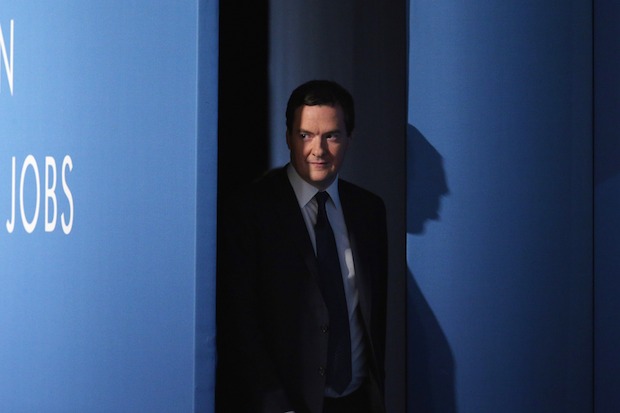So after all the to-ing and fro-ing over whether the minimum wage will get a big fat rise, the Low Pay Commission has recommended that the rate rise by 3 per cent to £6.50 an hour from October 2014. George Osborne had said that he wanted to ‘see an above-inflation increase in the minimum wage’, pointing out at the same time that ‘if, for example, the minimum wage had kept pace with inflation, it would be £7 by 2015/16’ (full quotes and audio here, if you need a reminder). If he did want it to rise to £7 by 2015/16, that would mean a much bigger rise from the LPC next time round, which is possible.
This is a reminder of a problem politicians have encountered in a completely different policy area over the last few weeks: they don’t have much power any more. The Low Pay Commission was created to ‘depoliticise’ the minimum wage, while the Environment Agency was supposed to take the politics out of environmental policy. Both are illustrations of what little esteem politicians hold themselves in that they cannot trust their own decisions and know the public cannot trust their decisions either.
But given the Chancellor wanted an above-inflation increase in the minimum wage and the LPC has recommended one, today’s announcement still means the Chancellor has got his way: this is the first real terms increase since 2008. And it’s no bad thing if some of the reporting of this announcement points out that Osborne suggested £7/hour: arguing for a higher minimum wage is hardly the most unpopular thing Osborne has had to do whilst Chancellor.







Comments